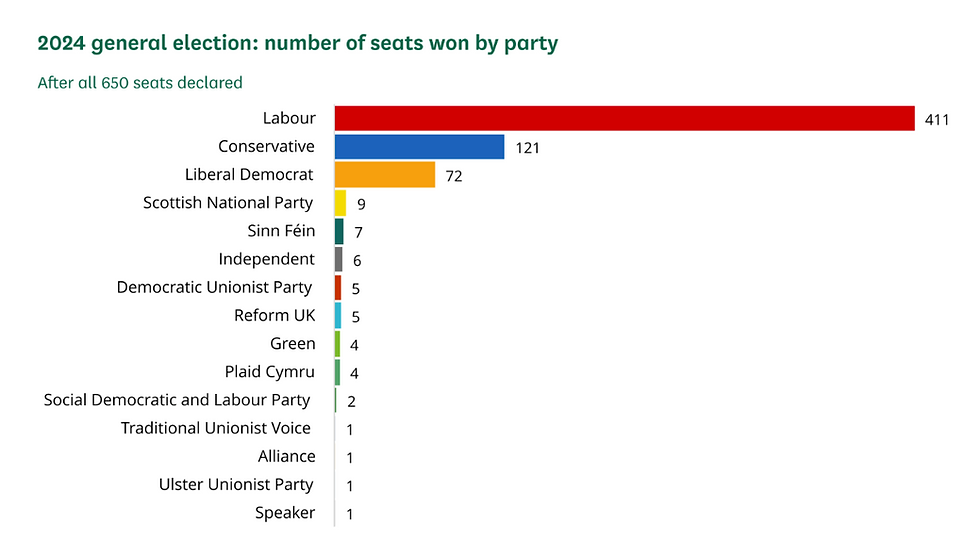History of Black Wealth (part 2)
- david42834
- Feb 16, 2022
- 3 min read

For nearly 40 years, Black History Month has been celebrated in the UK. It’s a time to reflect on the diverse histories and achievements of Black people and their extraordinary contributions to society, even in the face of long-standing challenges and injustices. Between 1948-1971 over 500,000 Commonwealth citizens would settle in Britain in an attempt to rebuilding the economy after WW2 and fill labour shortages – they are now referred to as the ‘Windrush’ generation.
The Caribbean Windrush generation were particularly pivotal to the early development of the credit union movement in the UK. The first credit union to be established in Britain ‘Hornsey Co-operative Credit Union’ was founded by Caribbean Windrush migrants in 1964. This was a reaction against discrimination by the banks, that often charged them higher interest rates and required them to pay larger deposits for loans to buy houses and flats.
From the very beginning, churches played a key part in organising the movement. They imported a model of banking that was widespread in their countries of origin - a bank fully owned and governed by the customers as a cooperative, with each customer having one vote in electing the board of directors. Credit unions fitted the Christian values of community and temperance much better than conventional banks, with profits of these Church credit unions being shared back equally into the church community similar to communes of the early Christian Churches in the first century.
The first year saw 200 members join, and soon the credit union had grown to become the flagship of a booming movement. By 1974 Britain had 48 credit unions with 39,000 members, around two-thirds of whom were of West Indian origin. Alongside basic financial services, these institutions provide financial education and advice to their members to help them live a life more aligned with Christian virtues. Strong community ties, often forged through faith, strengthened the credit unions, as members knew each other and felt a moral obligation to pay their loans as it was their neighbours and friends who had to cover the losses if they didn’t. Instead of people using banks that enriched a few wealthy shareholders, they could save and lend their money in a way that kept it circulating in their own community. The UK credit union sector has seen rapid growth ever since its inception – by 1998 the overall membership had reached 220 000, with 38% of British-Caribbean adults being members. In 2008, the membership had grown to 650 000 and in 2018 it reached 2 million. This has not been a phenomenon just in the UK – the amount of people served by credit unions worldwide has more than doubled since the mid-1990’s with 270 million members worldwide. The strength of the model was made clear during the 2008 financial crisis with banks 2.5 times more likely to go bust than the credit unions.
Commenting on the impact of Black History Month, Association of British Credit Union Limited (ABCUL) CEO, Robert Kelly said: “It is a real opportunity to take the time to promote a better understanding of Black History and to recognise the remarkable achievements of black people and black communities all across the country in sometimes exceptionally challenging circumstances.
“The pioneers of our great movement in this country came from black communities and their achievements in leading by example amongst many hardships and struggles were underpinned by the core values that we continue to hold dear today – people helping people, co-operation, resilience, empowering communities and fair and equitable finance. Their legacy is our vibrant sector today”.
https://www.mutualinterest.coop/2020/03/how-british-caribbeans-started-the-first-credit-union-in-britain




Comments